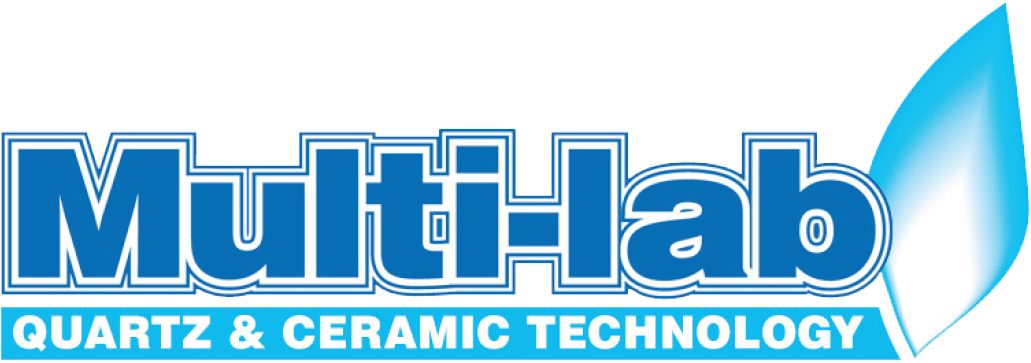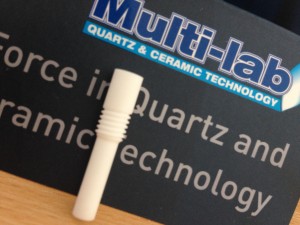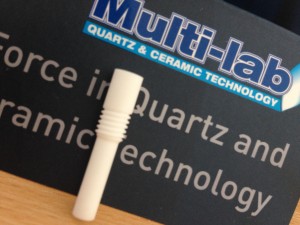For prototyping, you will need an accuracy coil-former, a high-voltage insulator that is safe to arc, pacers, holes or mirrors in laser machines. Metal parts simply would not perform the work, as they conduct electricity, heat, and they are simply not suitable for your task. Perhaps you need hermetically sealable, exhaustion feed-through elements or coil supports, or maybe thermal breaks in high-temperature processes.
Technical plastics are fine for their temperature range and have a quick turnaround, but if you need to increase into higher temperatures, then you will need to move into technical ceramics. The main difficulty with this is time. Technical ceramics usually require a great understanding of processing. On the other hand, with regular ceramics, it can take more than two months to prepare a ceramic prototype, which involves solid machining, sintering, polishing, and several re-grinds if the reduction during sintering was not enough, or as required.
Rapid Ceramic Prototyping with Macor
If you are able to manufacture metal, you can produce Macor as well. You need to take a rod, bar, tube, slab, or block and put it in your rCNC, or whatever item you normally use, and within a day, you can have a custom ceramic prototype. If you have created a one-off prototype and it is not suitable to fit, you would still have enough time that same day to get an arrangement and prepare another prototype.

Macor Machinable Glass Properties
Macor maintains unbelievable smoothness, concentration strength, high thermal insulating power, transmission immunity, and 40KV electrical impedance per millimetre. And unlike synthetics, whose temperature stability and rigidity begin to drop off at as little as 150°C, Macor is non-ductile and is deformation resistant to 800°C. Macor machinable glass ceramic is so thermally durable that it is divided into small pieces against which are included deformations in other elements in high temperature and radioactive conditions.
Also Read – Aluminium Silicate Machinable Ceramic
Macor Prototyping Applications
Macors’ non-wetting features make it a perfect element for managing running metal, aluminium, antimony, bismuth, cadmium, magnesium, magnesium alloy, selenium, tin, zinc, or other low-temperature hot metals. It would give wonderful rewards for oxyacetylene brazing lights, which would never accumulate metal oxides, where natural gas-cooling would keep it beneath its melting limit while allowing flames temperatures over 3400°C, where they might never become jammed.
Moreover, it was originally created for NASA’s space shuttle to prevent the thermal variation from the surface to the inside of the vehicle. It was used in the window support of the space shuttle due to its electrical and heat-insulating properties, radiation protection and non-porosity and because it releases no vapours, especially at the under pressures that were detected in spacecraft.





